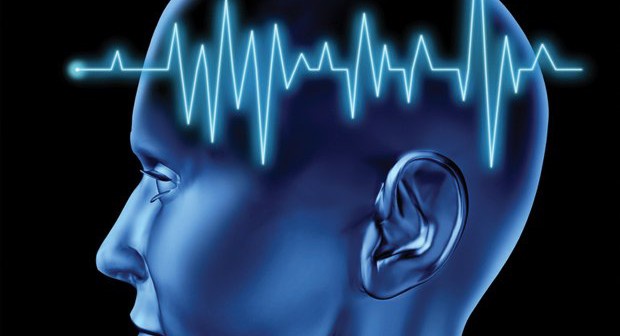In loans online the U.S., a stroke occurs every 45 seconds. The effects can be devastating, as patients and family members know too well. The financial burden is also sizable, estimated at $53 billion in 2010 in the United States alone. Once a stroke happens, the clock starts ticking; getting medical attention quickly is critical. But epidemiologists at UCLA found that drinking more than three cups of tea a day cuts the risk for stroke by 21% compared to drinking less than a cup a day, regardless of the type of tea or the individual’s racial or ethnic background. “These findings suggest that tea drinking may be one of the most actionable lifestyle changes to significantly reduce the risk of stroke,” said epidemiologist Lenore Arab, who headed the study.
“We conducted a systematic literature review and meta-analysis of all unearthed human data on tea consumption and stroke,” wrote Arab. Among the studies were those from China, Japan, Finland, The Netherlands, Australia, and the U.S. Researchers pooled results from 4,378 stroke victims among 194,965 people. “The effect does not appear to be specific to green or black tea or to Asian or non-Asian populations,” said Professor Arab.
How tea protects against stroke in humans is speculative. High blood pressure is a leading risk factor for stroke. Research presented by Claudio Ferri at the University of L’Aquila, Italy pointed to the role of drinking black tea in reducing high blood pressure among a small sampling of adult men, even after a fatty meal. In animal studies, both black and green tea reduced blood pressure in hypertensive rats. Tea might also provide stroke protection through its catechins which enhance the function of the endothelium or inner lining of the blood vessels. Finally, L-theanine, an amino acid found in tea, affects brain function. Some scientists hypothesize that while drinking tea can’t prevent all strokes, it reduces the damage and may transform a potentially disastrous event into a silent or hidden stroke.
How much tea should people drink and in what frequency? “Epidemiological evidence on tea and cardiovascular disease suggests that three time a day is optimal for maintaining health benefits,” says Professor Arab. “It’s exciting to see that not only the incidence of stroke, but also the damage from stroke might be reduced.”




